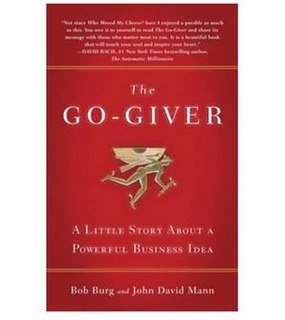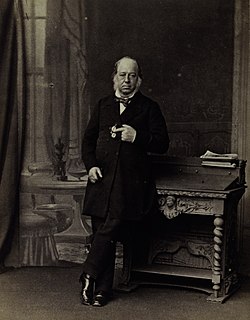A Quote by Vladimir Nabokov
Style and Structure are the essence of a book; great ideas are hogwash.
Quote Topics
Related Quotes
The young look up to me as their feeder, said Alex. Well, they can go look for another trough. I'm through with this hogwash.Are liberal ideas hogwash?All ideas are hogwash, Jack.Don't you believe in anything anymore?Sure. I believe in God the Father of Nonsense, creator of Crap and Nonsense, is now and ever shall be Crap without end. Oh, oh, Jack, how we break our hearts trying to make sense of a world that's pure and utter crap. But if you ever come to where I am now, you'll be surprised and delighted to find out how little anything matters.You've begun to sound Christian, said Pocholo.
Properly understood, style is not a seductive decoration added to a functional structure; it is of the essence of a work of art. The necessary elements of style are lucidity, elegance, and individuality; these three qualities combine to form a preservative which ensures the nearest approximation to permanence in the fugitive art of letters.
Taking ideas seriously does not fit with the rhetorical style of textbooks, which presents events so as to make them seem foreordained along a line of constant progress. Including ideas would make history contingent: things could go either way, and have on occasion. The 'right' people, armed with the 'right' ideas, have not always won. When they didn't, the authors would be in the embarrassing position of having to disapprove of an outcome in the past. Including ideas would introduce uncertainty. This is not textbook style.
Our world, so we see and hear on all sides, is drowning in materialism, commercialism, consumerism. But the problem is not really there. What we ordinarily speak of as materialism is a result, not a cause. The root of materialism is a poverty of ideas about the inner and the outer world. Less and less does our contemporary culture have, or even seek, commerce with great ideas, and it is that lack that is weakening the human spirit. This is the essence of materialism. Materialism is a disease of the mind starved for ideas.
Building an Effective Women's Ministry is a brand new book from Harvest House Publishers. Sharon Jaynes, vice president of Proverbs 31 Ministries, is the author. This book has planning helps for beginning and maintaining your women's ministries plus ideas for programs and special events. You know which section I turned to first, don't you? That's right. The idea section. Sharon has some good ideas. Great cover and helpful contents!!!
The burning of a book is a sad, sad sight, for even though a book is nothing but ink and paper, it feels as if the ideas contained in the book are disappearing as the pages turn to ashes and the cover and binding--which is the term for the stitching and glue that holds the pages together--blacken and curl as the flames do their wicked work. When someone is burning a book, they are showing utter contempt for all of the thinking that produced its ideas, all of the labor that went into its words and sentences, and all of the trouble that befell the author . . .
There are a lot of experimental novels that test the boundaries of what the novel is, and 'Conversations' is not one of those. It's conventional in its structure, even though its prose style and the themes it explores and the politics that underpin it, maybe, are on the experimental side. Its basic structure is pretty conventional.







































